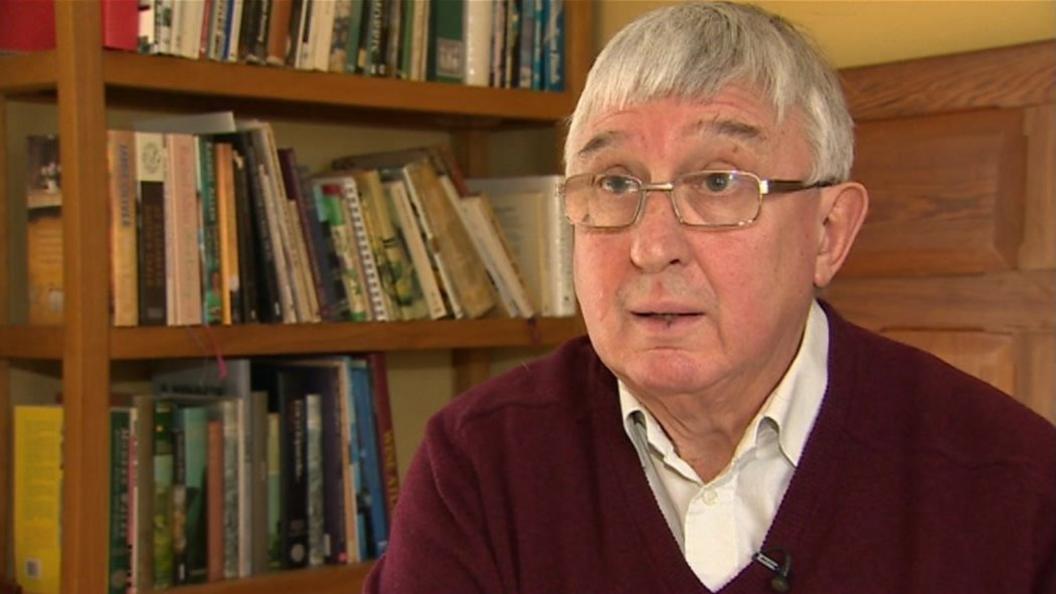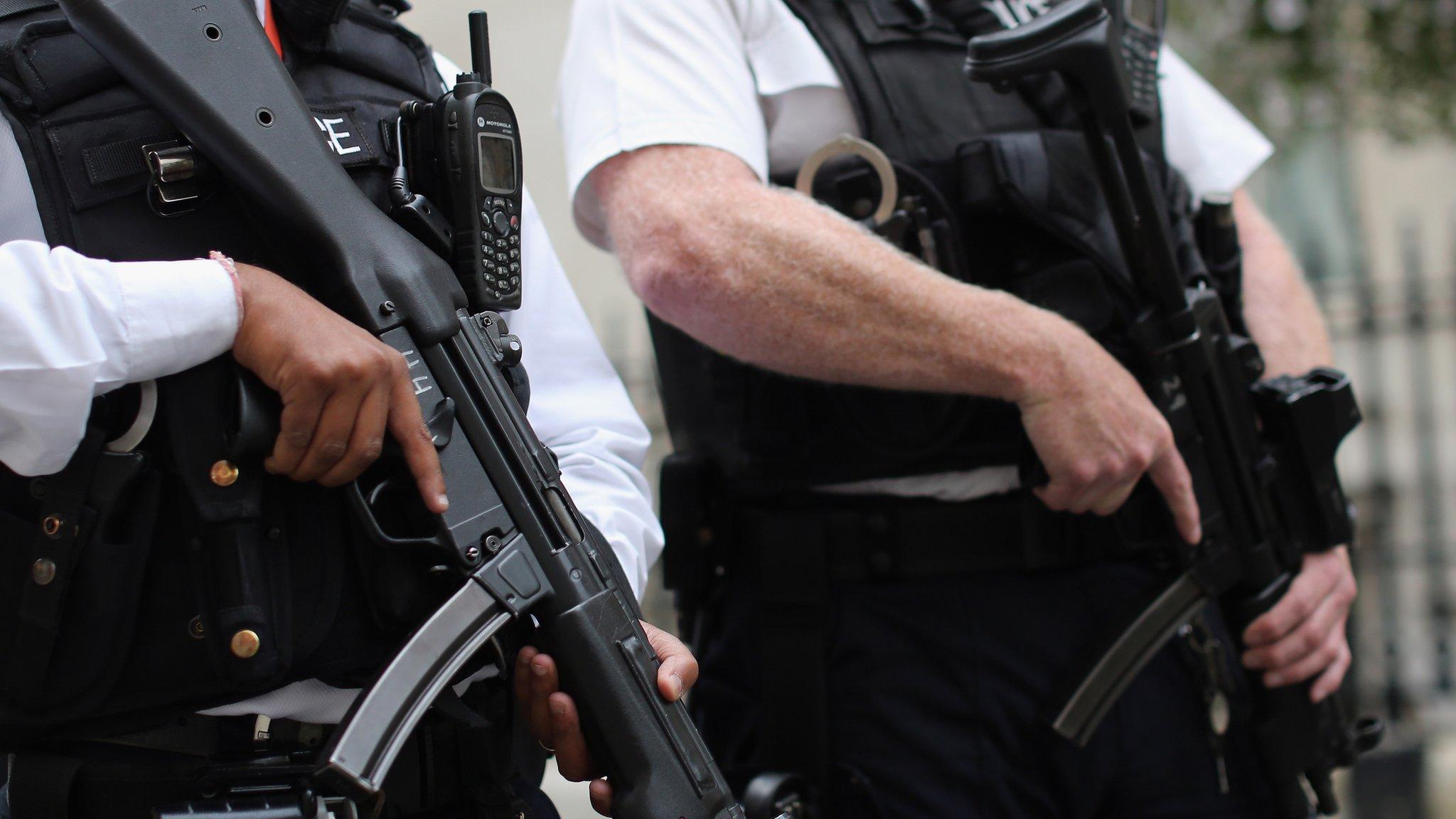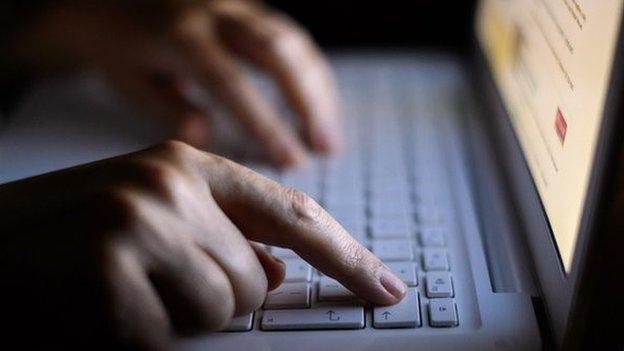'Snoopers' charter' revival dropped by peers
- Published

A cross-party group of peers has dropped a second attempt to add the so-called "snoopers' charter" to the government's counter-terrorism bill.
Lords King, Blair, Carlile and West wanted measures on communications data, rejected by the Lib Dems in 2012, to be included in the bill, saying they were vital tools for combating terrorism.
But they withdrew their amendment and it did not go to a vote.
The counter-terrorism bill will give new powers to UK security services.
It will also allow the home secretary to impose temporary exclusion orders on British terror suspects.
The legislation had already cleared its first hurdle in the House of Lords, and undergone detailed scrutiny in committee.
'Lost opportunity'
During the first of two days of report-stage scrutiny, Lord King, a Conservative former defence secretary, said there was a "significant gap," exposed by the recent Paris shootings, which could be plugged by a temporary stop-gap measure.
But he said that without the required support the amendment to add communications data powers was doomed to fail.
He said: "We will lose an opportunity to put in place a temporary stop-gap measure that could have reduced the threat to our nation from terrorism at the present time.
"We just have to pray that we don't pay too high a price for that."
Along with former Metropolitan Police Commissioner Lord Blair, former Lib Dem independent reviewer of anti-terror laws Lord Carlile and former Labour security minister Lord West, Lord King wanted to add whole sections of the defeated Communications Data Bill to the counter-terrorism legislation.
The proposed amendments sought to require internet service providers to log more of what people do online and to make that data more easily accessible to law enforcement and security services.
'Mass surveillance'
They scaled back the number of agencies that could demand access to the data from the hundreds included in the original bill to just three: the police and the two security services.
Opponents of the so-called snoopers' charter say it would amount to mass surveillance of internet communications by the state.
The Counter Terrorism Bill also includes a requirement on universities and councils to take steps to counter radicalisation.
It also includes:
Changes to TPIMs - Terrorism Prevention and Investigation Measures - to allow the authorities to force suspects to move to another part of the country
Requiring internet providers to retain internet protocol address data to identify individual users
Raising the burden of proof for imposing TPIMs from "reasonable belief" to "balance of probabilities"
Greater powers to disrupt people heading abroad to fight - including cancelling passports at the border for up to 30 days
Tighter aviation security - requiring airlines to provide passenger data more quickly and effectively
Banning insurance companies from covering ransom payments
Forcing firms to hand details to police identifying who was using a computer or mobile phone at a given time
Under the exclusion orders proposal, Home Secretary Theresa May would be able to sign an order to ban a suspected extremist from returning to the UK, for up to two years at a time.
The individual could return if they agreed to some kind of investigation or monitoring arrangements to ensure they were not a threat.
Labour has called for a judge to have a role when the orders are imposed, a view echoed by David Anderson QC, the government's independent reviewer of terror legislation.
- Published23 January 2015

- Published30 January 2015
- Published25 November 2014
- Published15 December 2014
- Published12 January 2015

- Published24 November 2014

- Published12 January 2015
